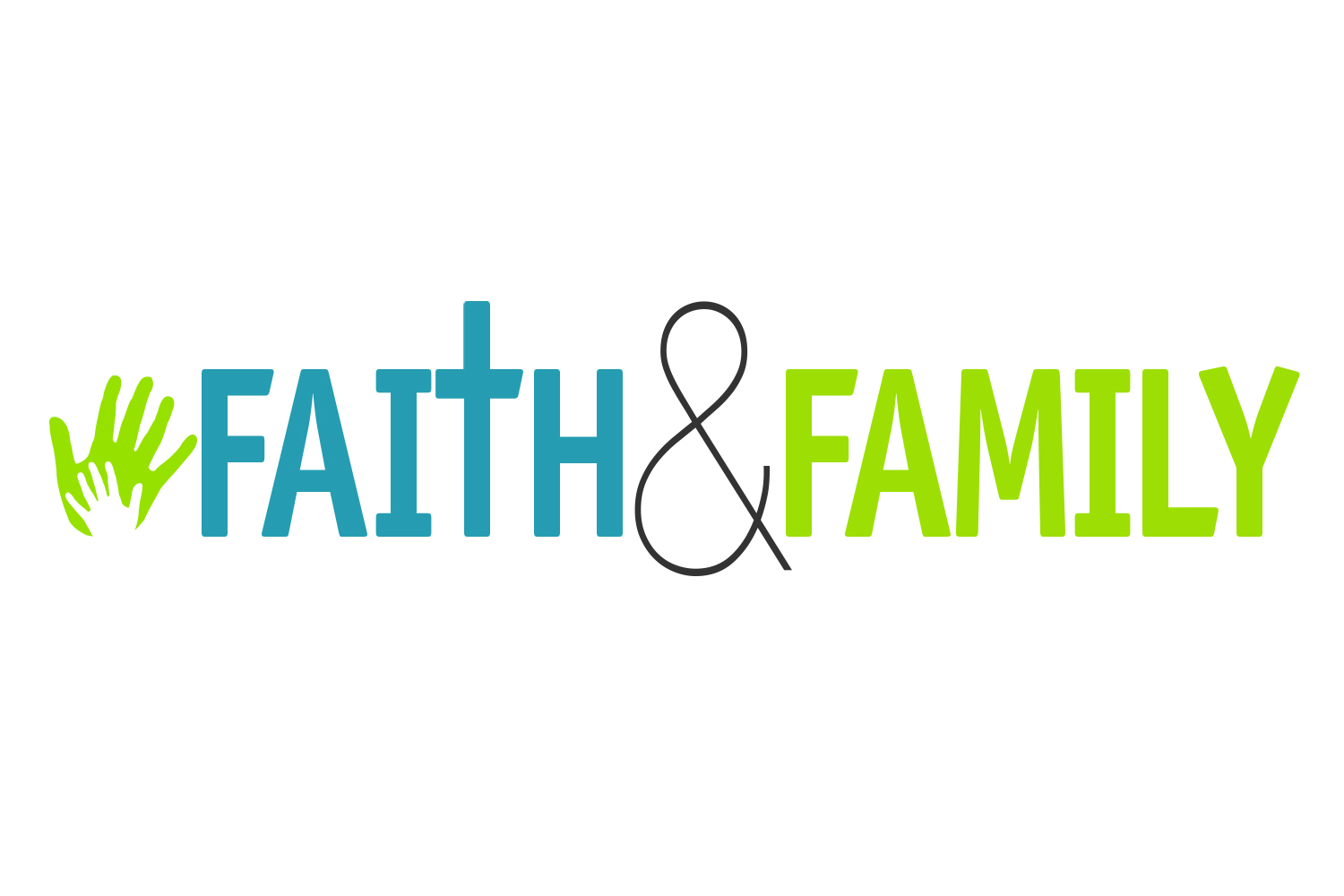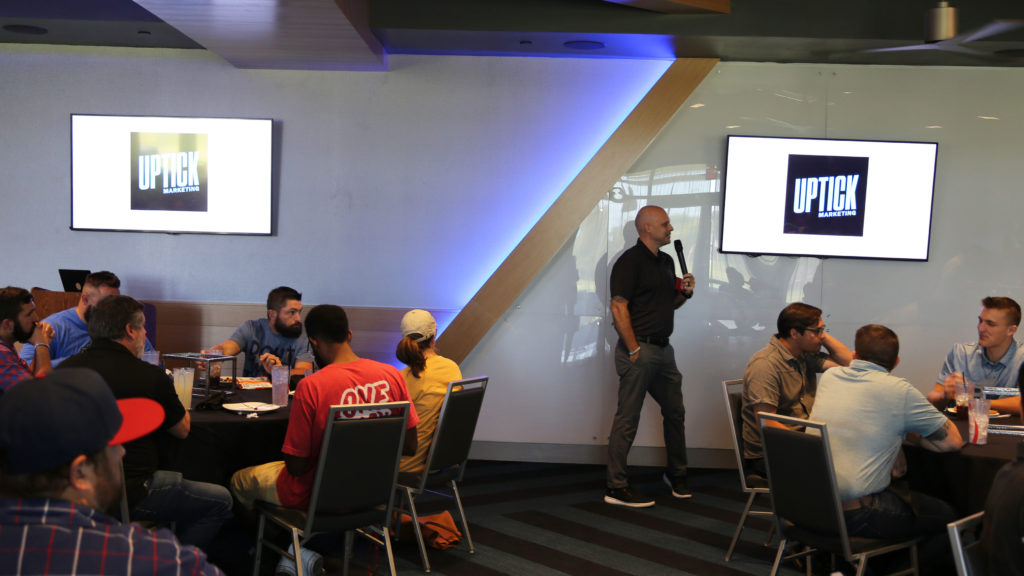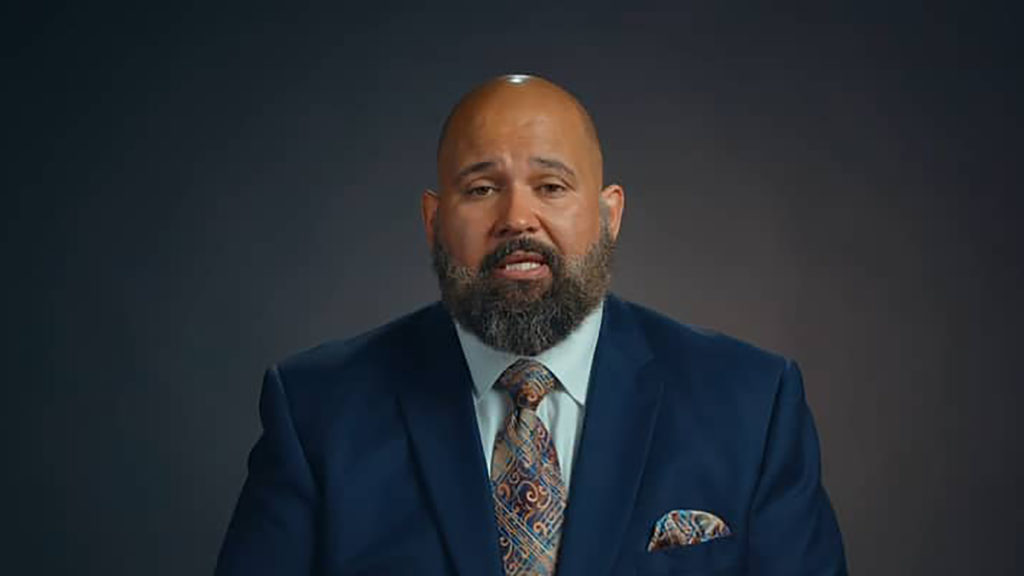In our media-saturated culture, parenting advice abounds. Experts regularly share their philosophies and tips on morning television shows. Thousands of books and websites and dozens of magazines are devoted entirely to the subject of parenting, and headlines like “Tackle Tantrums,” “How to Find the Right Preschool” and “Why Can’t I Say No?” appeal to parents’ deepest desire — to raise children who are emotionally, physically and spiritually healthy.
One aspect of parenting that is often overlooked, however, is generational influence — how the way you were parented affects your own parenting approach.
Adults who grew up in authoritarian households, for example, may feel pressured to allow their own children more freedom at the expense of their family values. Tim Kimmel, author of “Faith Based Parenting,” writes that even well-meaning Christian parents can fall victim to the boundary-less culture around them. On the other hand, adults raised by permissive parents may follow another extreme, setting restrictive boundaries for their children’s choices in friends, entertainment, sports, education and spiritual lives “hoping that they have somehow made it safer for their children to go through life,” Kimmel writes. But this is a false hope, he said.
“Since how children turn out is far more contingent on what is going on inside them than outside them, unnecessarily tight boundaries undermine the desire of the Holy Spirit, who is working to build a sense of moral resolve in their hearts,” he writes.
Most researchers agree that authoritative parenting, in which children are given a voice in family decisions while parents retain the power to set boundaries, is the ideal parenting style for raising healthy, well-adjusted children. However in order to achieve an emotional balance as a parent, adults must understand how their childhood experiences affect their current relationship and interactions with their children.
In the book “Parenting From the Inside Out,” child psychiatrist Daniel Siegel writes that leftover or unresolved issues from one’s childhood can trigger strong emotional reactions even in relatively routine parenting situations, such as when the family is running late or when a child acts out in public. A parent may “lose it” with her kids but later feel that she overreacted.
Many childhood experiences can influence an individual’s actions and emotions into adulthood, Siegel writes. For example, a child who internalized her parents’ constant worries about money may find herself unwilling to spend money on her own children. Or a parent who as a child was shuffled from caregiver to caregiver because of the serious illness of a parent or sibling may struggle to attach to his own child years later without fully understanding why. The common factor is that the adult has an overly emotional response based not on the current situation but rather on childhood experiences that may not even be conscious memories.
In these cases, the adult often blames himself for not acting as he should, and as a result the parent-child relationship is affected.
“At these times, we’re not acting like the parent we want to be and are often left wondering why this role of parenting sometimes seems to ‘bring out the worst in us,’” Siegel writes.
Understanding one’s own parental influences can help parents recognize and change undesirable responses to their own children, Siegel suggests. He offers several questions for self-
reflection, including the following:
How did you get along with your parents early in your childhood? How did the relationship evolve throughout your youth and up until the present time?
How did your parents discipline you as a child? What impact did that have on your childhood, and how do you feel it affects your role as a parent now?
How did your parents communicate with you when you were happy and excited? Did they join with you in your enthusiasm? When you were distressed or unhappy as a child, what would happen?
How have your childhood experiences influenced your relationships with others as an adult? Do you find yourself trying not to behave in certain ways because of what happened to you as a child? Do you have patterns of behavior that you would like to alter but have difficulty changing?
What impact do you think your childhood has had on your adult life in general?
Honest self-reflection can help a parent recognize the patterns of the past and make changes to improve the parent-child relationship in the present, Siegel suggests.
However the goal is not simply for parents and children to get along, Kimmel said. “The real test of a parenting model is how well equipped the children are to move into adulthood as vital members of the human race … engaged in the lives of people in their culture (and) gracefully representing Christ’s love.”






Share with others: